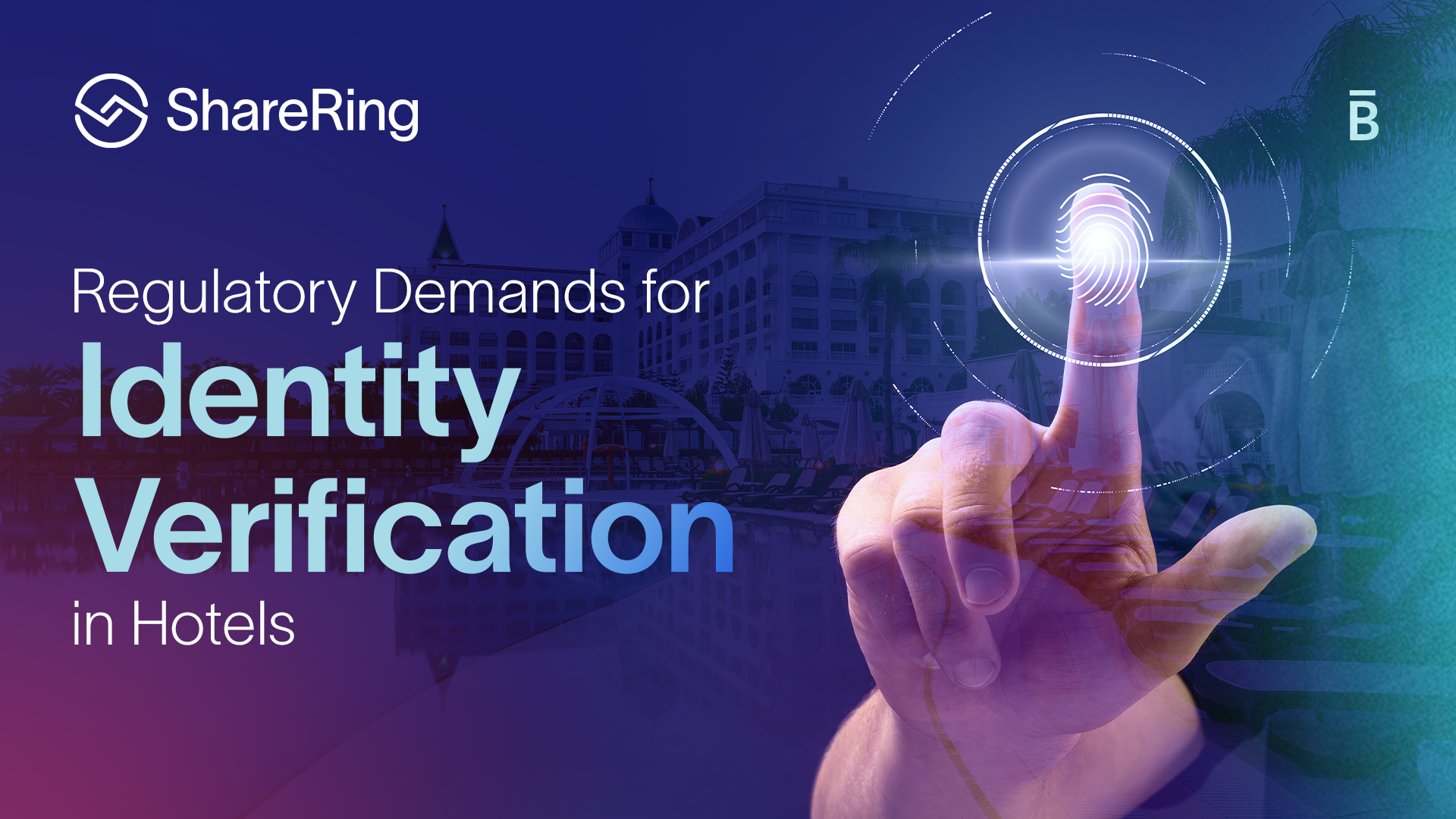Part I: ShareLedger Integrates The CosmWasm Smart Contracting Module
ShareLedger integrates the CosmWasm smart contracting module
Smart contracts that run on blockchain platforms have the potential to revolutionize the way digital contracting and transactions are carried out.
That’s one reason we’re excited to announce a new integration of the CosmWasm multi-chain smart contracting platform with ShareRing. Thanks to the existing integration with the Cosmos ecosystem and SDK, CosmWasm will increase the flexibility of the development environment on the ShareLedger blockchain.
What is a smart contract?
Self-executing smart contracts are programs that use the blockchain to store the contract’s terms. They can be simple, like a Bitcoin payment layer, or complex, like a decentralized application (dApp) powered by the Ethereum network.
Once all conditions laid out in the contracts agreement are met, the contract will run automatically. By implementing agreements in this way, global firms can increase efficiency and render all transactions traceable, transparent, and irreversible.
Despite recent hype around the potential for smart contracts, the priginal concept pre-dates Bitcoin. It was cryptographer Nick Szabo who first outlined the idea of smart contracts in a 1996 article for Extropy magazine: Smart Contracts: Building Blocks for Digital Markets.
But early limitations of the Bitcoin blockchain meant there were only two options for developing decentralized applications: either fork the Bitcoin codebase or build on top of it – making it tricky to write smart contracts. The need for better tools soon became apparent.
The arrival of the Ethereum blockchain redefined how developers could build decentralized applications. Solidity, Ethereum's first smart-contract programming language, was designed to be easier for developers to understand and implement. It is also home to ERC-20: a technical standard that makes it easy to create new tokens on the Ethereum chain. The Ethereum Virtual-Machine (EVM) also meant anyone could deploy custom logic in the form of smart contracts. As a result, most dApps are still built on Ethereum today.
In light of this, it's important to note that ShareRing is moving away from being a public blockchain and becoming a permissioned one.
This is because ShareRing recognizes the importance of privacy for businesses and individuals. Public blockchains allow anyone to access them, which means that anyone can see the transactions that are taking place. This is not ideal for businesses or individuals who want to keep their data confidential.
A permissioned blockchain is different in that only authorized participants can see the transactions that are taking place. For businesses and individuals who want complete data privacy, this is a more secure option.
ShareRing is dedicated to keeping our users' information secure, as well as contributing to the development of data privacy across the blockchain industry. Our goal remains the same: to reduce friction in the world by building a global blockchain ecosystem that embraces trust, privacy, and diversity.














.png)
